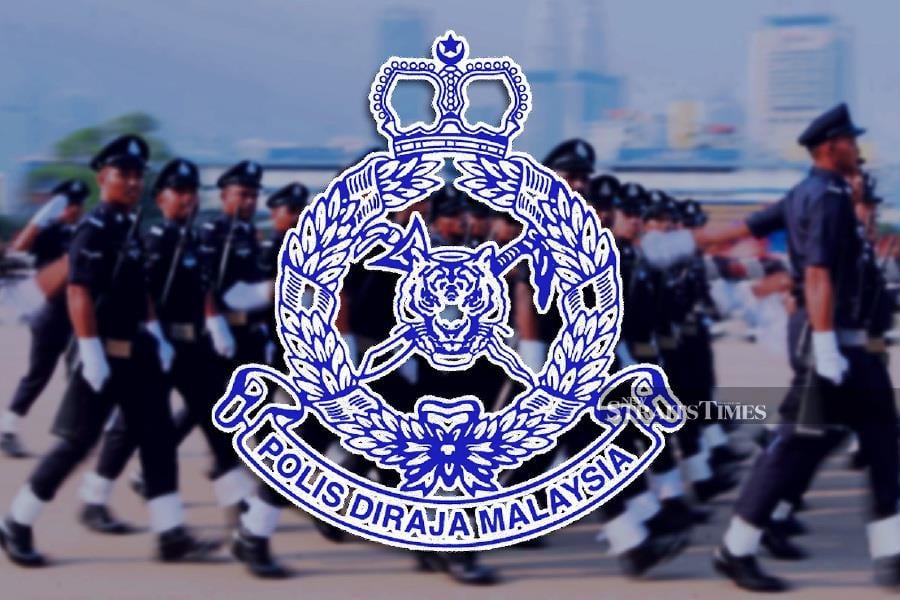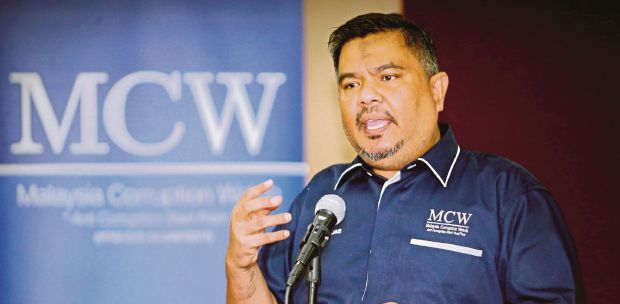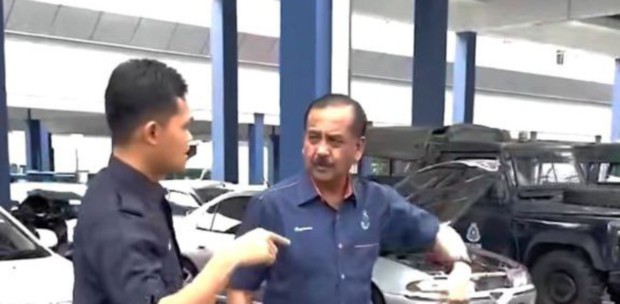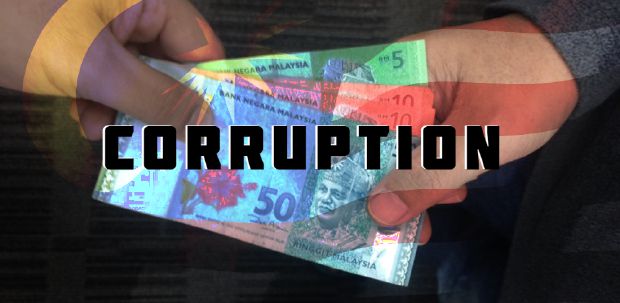KUALA LUMPUR: The police must be firmer in efforts to restore the integrity of the force by emphasising the importance of integrity of its personnel and intensifying and diversifying efforts to combat corruption.
Anti-crime watchdog, Malaysia Corruption Watch (MCW), said the best way to address the issue is for the police to enhance training and awareness about integrity among police personnel, strengthen internal oversight including the use of body cameras, and implement transparent reporting and investigation procedures for corruption and abuse of power complaints.
This comes after recent disciplinary cases and crimes involving the police have tarnished its reputation among the public, diminishing public confidence.
"What the police need to prioritise is the value of integrity at every level of operations and management. This includes exposure to training and emphasis on proper conduct.
"The existing internal monitoring system needs to be strengthened to thoroughly detect and handle corruption cases and abuse of power.
"The police also should establish a more transparent and trustworthy mechanism for reporting complaints for police personnel and the general public to report any misconduct or wrongdoing."
It also said swift action should be taken against any member involved in misconduct or behavioural offences, regardless of rank, by broadcasting it on public television as a warning to all other members.
"Apart from that, the police need to engage the local community in crime prevention activities and encourage public involvement in various relevant programmes.
"They also must focus on improving the welfare of its members at all levels to ensure they can perform their duties comfortably and plan for the improvement of policing services through the latest technology and strategic applications for the future of the country."
In regards to the urgent need for the government to enforce the Independent Police Complaints and Misconduct Commission (IPCMC) Bill, MCW added that it is no longer relevant as it has been changed to the Independent Police Conduct Commission (IPCC).
"The commission committee appointed since last year should play an active role in addressing the increasingly prevalent issue of police misconduct.
"They need to take proactive steps to restore the integrity of the police as soon as possible. The IPCC can certainly function effectively if they can enforce their investigative findings without the need to submit recommendations to any party."
MCW, however, said several weaknesses and shortcomings of the IPCC's powers need to be addressed promptly.
"The IPCC needs to be an independent and objective mechanism to help restore the holistic image of the police and thereby provide confidence to the public that every complaint against police officers is properly handled.
"Every action by the IPCC should be made public for the community's awareness," it added.
Recently, the Inspector-General of Police Tan Sri Razarudin Husain, speaking at a closed-door meeting with state police chiefs, district police chiefs (OCPDs) and other senior personnel, said he would not compromise when it comes to senior officers or supervisors who failed to manage their subordinates correctly.
He insisted that these officers, particularly district police chiefs, must step it up when it comes to leading their entire teams under their respective jurisdictions.
He also did not mince his words when he told all supervisors in the police force to create a conducive work environment based on integrity.





